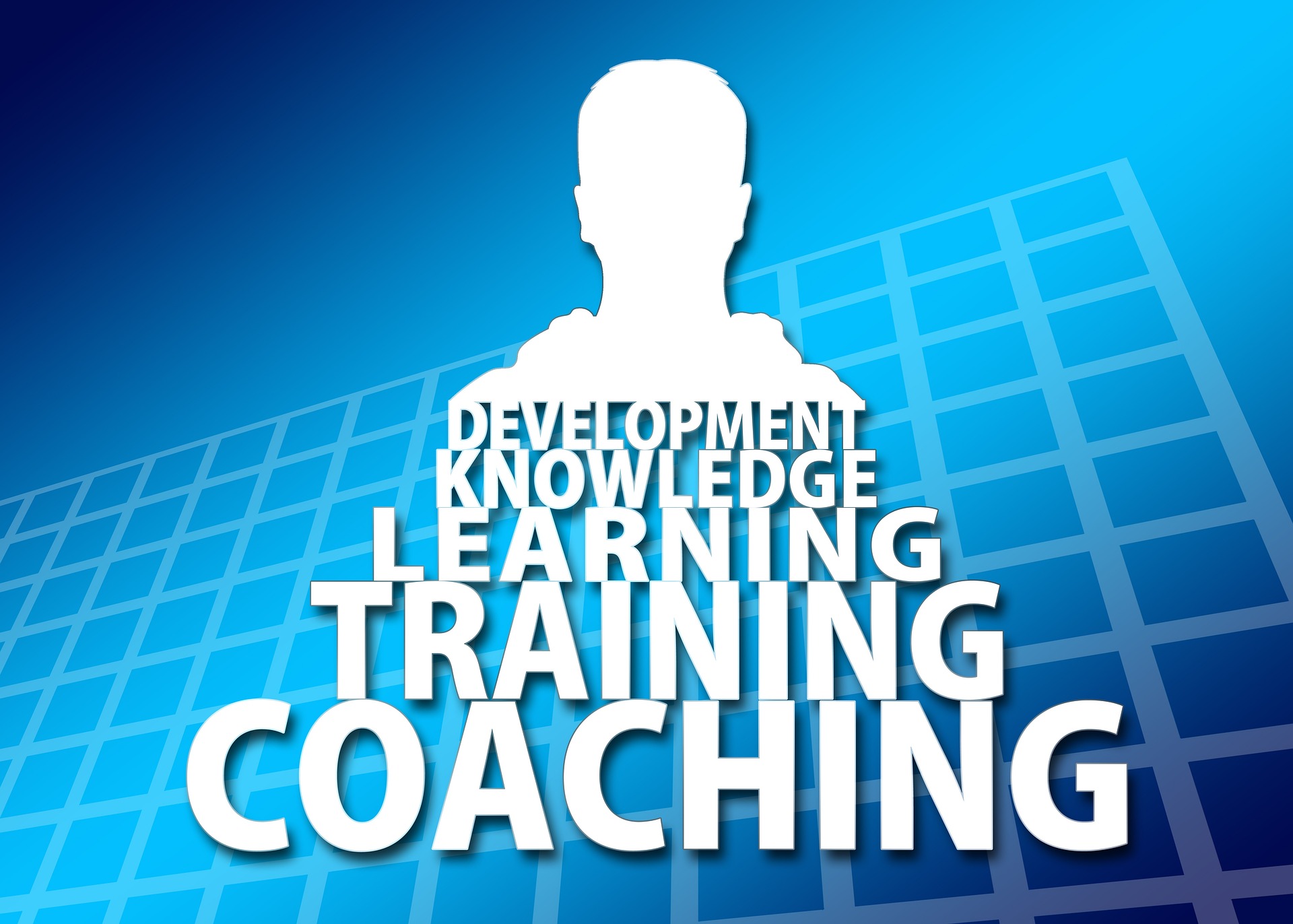
SOFT SKILLS FOR PROFESSIONAL EXCELLENCE – Unit 2
UNIT 2
SOFT SKILLS FOR PROFESSIONAL EXCELLENCE

(1) Discuss about Soft Skills. Give Examples.
Soft skills refer to a person’s ability to communicate effectively, build relationships, work well in a team, manage time efficiently, and think critically. Unlike hard skills, which are specific technical abilities, soft skills are more general and are applicable in a variety of situations.
Soft skills are crucial for success in the workplace, as they enable individuals to work effectively with others, solve problems, and adapt to changing environments. Employers often look for candidates who possess strong soft skills, as they are seen as indicative of a person’s ability to work well with others and contribute positively to the workplace culture.
Examples of soft skills include communication, teamwork, problem-solving, time management, leadership, adaptability, and emotional intelligence. Developing these skills requires practice and self-reflection, but the payoff is a more successful and fulfilling career.
(2) Write a short note on Hard Skills.
Hard skills refer to specific technical abilities or knowledge required to perform a particular job. These skills are measurable and quantifiable, and often require formal education or training to acquire. Examples of hard skills include proficiency in programming languages, operating heavy machinery, accounting, and data analysis.
Employers often prioritize hard skills when hiring as they are essential to perform the specific job duties. However, the importance of hard skills may vary depending on the job and industry. For example, a software engineer requires a different set of hard skills compared to a doctor.
It is crucial to continually develop and update hard skills as technology and industry trends change. Individuals can acquire hard skills through formal education, on-the-job training, certifications, and online courses. In summary, hard skills are a vital component of employability and career success, and individuals should strive to develop and maintain them.

(3) Write a note on Time Management.
Time management is the process of planning and organizing how much time is spent on specific activities to maximize productivity and achieve desired goals. Effective time management involves setting priorities, creating a schedule, and avoiding distractions. It requires discipline, focus, and the ability to make decisions quickly and efficiently. Time management skills are essential in both personal and professional life to ensure that tasks are completed on time and deadlines are met. By managing time effectively, one can reduce stress and increase overall productivity, allowing for more time to be spent on important tasks. One can use various tools like calendars, to-do lists, and apps to manage their time effectively. In today’s fast-paced world, where time is a valuable resource, time management skills can help individuals achieve success and lead a fulfilling life.
(4) Why is Motivation Important in our life?
Motivation is a crucial aspect of our lives because it helps us achieve our goals and overcome challenges. Without motivation, we may feel unmotivated, uninspired, and unproductive.
Here are some reasons why motivation is important in our lives:
(i) Achieving Goals: Motivation is crucial to achieving our goals. It helps us stay focused and determined, even in the face of obstacles and setbacks.
(ii) Boosts Productivity: When we are motivated, we are more productive and efficient in completing tasks.
(iii) Improves Well-being: Motivation can improve our mental and emotional well-being by giving us a sense of purpose and direction.
(iv) Increases Confidence: Motivation helps us believe in ourselves and our abilities, which increases our self-confidence.
(v) Inspires Creativity: Motivation can inspire creativity and innovation, leading to new ideas and solutions.
In summary, motivation is essential in our lives because it drives us towards our goals, boosts our productivity, improves our well-being, increases our confidence, and inspires creativity.

(5) How can we manage Stress? Why is stress management important?
Stress management is important because stress can have negative effects on our mental and physical health. When we experience stress, our bodies release hormones like adrenaline and cortisol that can increase our heart rate, blood pressure, and cause muscle tension, among other things. Chronic stress can lead to a range of health problems, including anxiety, depression, cardiovascular disease, and obesity.
Here are some tips for managing stress:
(i) Identify the source of your stress: It’s important to understand what’s causing your stress so you can address it directly. Is it work, family, health, or something else?
(ii) Practice relaxation techniques: There are many techniques that can help you relax, including deep breathing, meditation, yoga, and progressive muscle relaxation.
(iii) Exercise regularly: Exercise is a great way to relieve stress and boost your mood. Aim for at least 30 minutes of physical activity most days of the week.
(iv) Get enough sleep: Lack of sleep can increase stress levels. Aim for 7-9 hours of sleep each night.
(v) Connect with others: Spending time with friends and family can help reduce stress and improve your mood.
(vi) Manage your time: Poor time management can increase stress levels. Make a schedule and prioritize your tasks.
(vii) Avoid unhealthy coping strategies: Some people cope with stress by smoking, drinking alcohol, or overeating. These habits can have negative effects on your health and well-being.
(viii) Seek professional help: If your stress is interfering with your daily life, consider seeking help from a mental health professional.
Overall, managing stress is important for maintaining good health and well-being. By identifying the source of your stress and practicing relaxation techniques, exercise, and healthy coping strategies, you can reduce the negative effects of stress on your body and mind.
(6) Write a note on Emotional Intelligence.
Emotional Intelligence (EI) refers to the ability to recognize, understand, manage, and use emotions effectively in oneself and others. It involves being able to regulate one’s own emotions, empathize with others, and navigate social interactions with sensitivity and intelligence. EI has been found to be a crucial factor in personal and professional success, as it helps individuals build strong relationships, communicate effectively, and manage stress and conflict.
There are several key components of EI, including self-awareness, self-regulation, motivation, empathy, and social skills. By developing these skills, individuals can enhance their emotional intelligence and improve their ability to navigate complex interpersonal situations.
Research has shown that EI can be improved through training and practice, and many organizations now offer EI training programs to employees. Developing emotional intelligence can have significant benefits for individuals and teams, including improved communication, increased productivity, and enhanced well-being.
(7) Write a note on Self Awareness.
Self-awareness is the ability to recognize and understand your own thoughts, emotions, and behaviors. It is an essential aspect of personal growth and development as it allows individuals to reflect on their own strengths and weaknesses, and to understand how their actions impact themselves and others. Self-awareness involves being honest with oneself, acknowledging and accepting one’s limitations and mistakes, and being open to feedback from others. It enables individuals to improve their relationships, decision-making, and overall well-being. Developing self-awareness requires intentional effort, such as practicing mindfulness, journaling, and seeking feedback from others. By cultivating self-awareness, individuals can gain a deeper understanding of themselves, their values, and their purpose, leading to greater fulfillment and success in life.
(8) Why is Problem Solving Important?
Problem-solving is a crucial skill that is essential in every aspect of life. It is the ability to identify, analyze, and resolve issues that arise in both personal and professional settings. Here are some reasons why problem-solving is important:
Helps in decision making: Problem-solving is the key to making effective decisions. It helps individuals to gather information, analyze options, and choose the best course of action.
Enhances creativity: Problem-solving often requires individuals to think outside the box and come up with innovative solutions. This helps to enhance creativity and encourages individuals to explore new ideas.
Improves critical thinking: Critical thinking is an important skill that helps individuals to analyze information, evaluate evidence, and make logical decisions. Problem-solving is one of the most effective ways to develop critical thinking skills.
Increases efficiency: Problem-solving helps individuals to identify and eliminate inefficiencies in a process. This leads to improved productivity and increased efficiency.
Boosts confidence: Successfully solving a problem can give individuals a sense of accomplishment and boost their confidence. This can help to improve their overall well-being and motivate them to take on new challenges.
Facilitates teamwork: Problem-solving often requires collaboration and teamwork. This helps individuals to develop better communication and interpersonal skills, which can enhance their ability to work effectively in a team.
To conclude, problem-solving is an essential skill that helps individuals to navigate through life’s challenges, make better decisions, and achieve their goals.

(9) Why is Decision Making Important?
Decision-making is the process of selecting the best course of action among multiple alternatives. It is an essential activity that helps individuals and organizations achieve their goals and objectives.
Here are some reasons why decision-making is important:
Achieving goals: Decision-making helps in identifying and selecting the best course of action to achieve a specific goal. Whether it’s a personal or professional goal, decision-making is crucial in determining the right steps to take.
Problem-solving: In any organization or personal setting, problems are bound to arise. Decision-making is important in addressing these problems effectively by selecting the best solution from available options.
Resource allocation: Decision-making is essential in allocating resources such as time, money, and personnel effectively. Making informed decisions ensures that resources are utilized optimally, and waste is minimized.
Risk management: Decision-making is important in managing risks associated with any action. It helps in identifying potential risks and selecting the best course of action to minimize or mitigate those risks.
Innovation: Decision-making plays a critical role in fostering innovation. By selecting the best course of action, individuals and organizations can develop new products, services, and ideas that drive growth and success.
Decision-making is important because it helps individuals and organizations achieve their goals, solve problems, allocate resources effectively, manage risks, and foster innovation.
(10) Give a brief note on Interpersonal Skills.
Interpersonal skills refer to the ability to communicate and interact effectively with others in various social contexts. These skills are essential for building positive relationships, resolving conflicts, and achieving success in both personal and professional settings.
Interpersonal skills include a wide range of abilities such as active listening, empathy, verbal and nonverbal communication, teamwork, conflict resolution, and negotiation. These skills can be developed and improved through practice, feedback, and self-awareness.
Having strong interpersonal skills can help individuals succeed in various fields such as business, healthcare, education, and leadership. They can also contribute to personal happiness and well-being by enhancing social connections, reducing stress, and improving communication with loved ones.
Read More:
Unit 1: Communication: Therory & Practice
Unit 2: Soft Skills forW ACADEMIX Professional Excellence
Unit 3: ReadingComprehension
Unit 4: Professional WrWriting
Unit 5: Vocabulary andGrammar
Written by Chhanda Kaity
Chhanda Kaity, Asst. Professor (Lecturer), Bishnupur Public Institute of Engineering completed his Masters from Vidyasagar University with First Class after graduating with honours in English Literature from The University of Burdwan. He also completed B.Ed from The University of Burdwan.

Comments
No Comments Yet